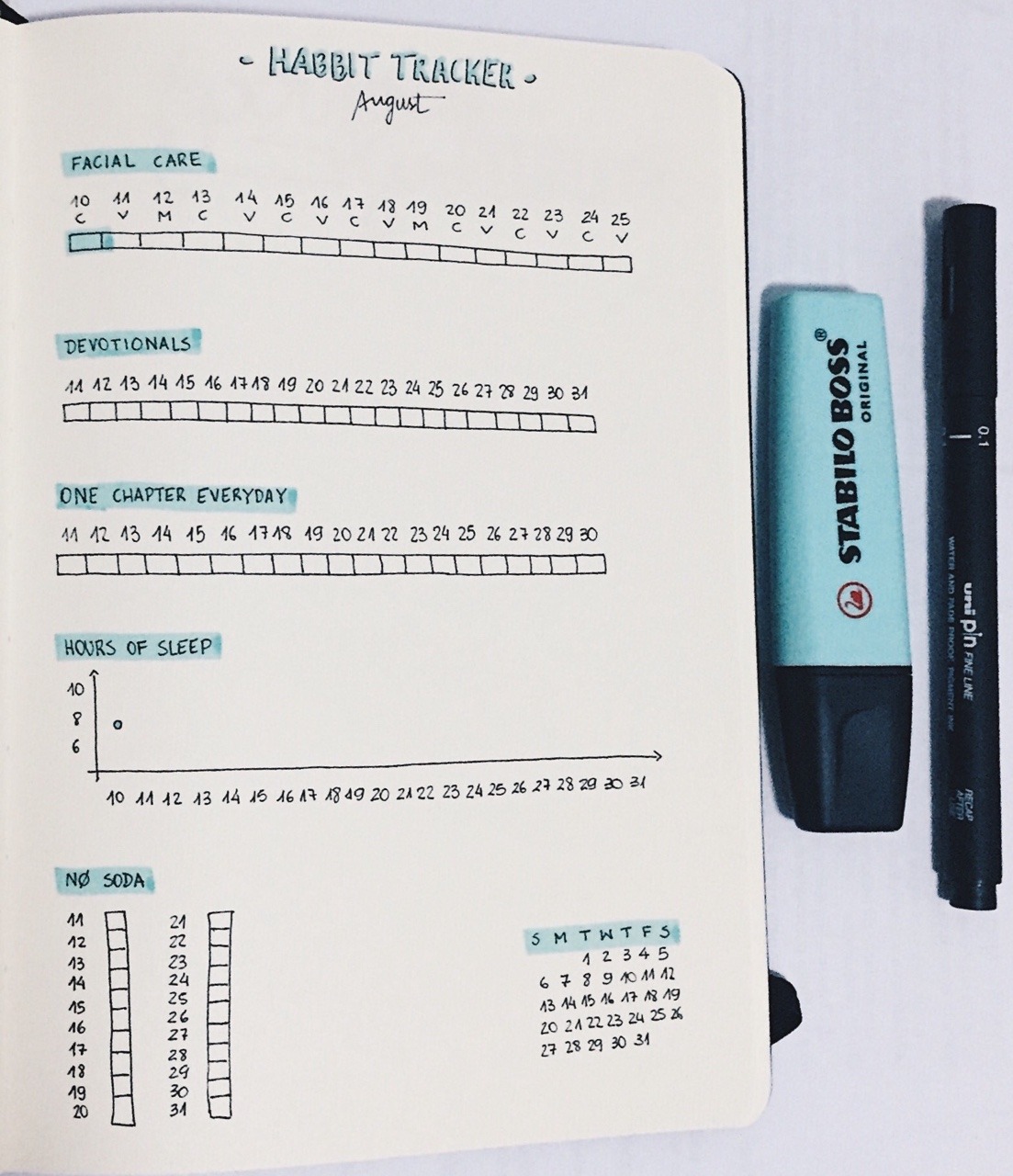If you walk down the halls of any high school across the country, you’ll notice a common theme– students are tired. Tired from a lack of sleep, tired from the stress of school, tired in general. It’s so easy to tie your worth to your grades, get lost in the machine of the American education system, and lose yourself in the process.
It’s no surprise that students are stressed– they have been told ever since they were young that they must work hard to get into a prestigious college, where they then have to work hard to get a high paying job to pay off the massive amounts of student debt that they’ve accumulated over the years.
Add to that the unrest of the current political climate in the US, students are understandably overwhelmed. It’s a struggle to recharge and regain motivation in a world where bad news is only a click away. But it is doable, and it’s vitally important that students practice these forms of self care, because burnout wreaks havoc on both your GPA and mental health.
For Short Term Burnout (e.g., I’ve Been Staring at This Google Doc for Half an Hour But Just Can’t Start my Essay)
1. Change it Up
If you’ve been working for a while but haven’t made much progress, do something different for a little bit. Go for a walk, change your clothes, take a shower, or exercise. Little changes help to take your brain out of its rut and refresh your creativity and ability to get work done.
2. Assess
It’s important to sit down and really assess what absolutely needs to get done, what’s less urgent, and what you can leave for another day. If you’re absolutely overwhelmed and not producing quality work, it’s time to rethink how you’ve been treating your relationship with homework and your mental health.
3. Break it Down
This tip may seem obvious but it’s very easy to overlook. No matter how daunting that 4,000 word essay may seem, it’s so much less frightening when its broken into pieces. If you really need to get something done, break it into different tasks to be completed, or into 20 minute chunks of work with 5 minute breaks.
4. Take a Break

If you’re thinking, ‘whoa, what a unique idea, I’ve never thought of that before,’ don’t discredit me just yet. Everyone says it, but there’s good reason for that. You can’t work through exhaustion, no matter what you tell yourself.
And by taking a break, I don’t mean watching Netflix for a couple minutes and then going back to work. The only way to take a break that actually helps you is to break mindfully. This means putting away everything that’s causing you stress, and spend a solid chunk of time putting your sole energy into something that you enjoy.
Take an hour off, or stop working for the rest of the night– whatever you do make sure that it’s timed and there is no multitasking happening.
In the Long Term (e.g. I’m Developing an Ulcer from All This Stress and I’m Only 16)
1. Start a routine, or change yours up
If you’ve been in a routine of waking up early, working hard all day, going to your extracurriculars and then spending hours on homework, you’re gonna hit a point where that no longer works. It’s no surprise, but it can be hard to get yourself out of that rut when the time of classes isn’t something you have control over. So how can you change your routine to prevent burnout?
There’s actually a lot of little ways to foster changes in your schedule. Start your day with something to look forward to, and end it the same. Try some yoga or stretches in the morning to wake your body up. When you come home, take a nap, watch an episode of something or read a book– anything to give yourself a (mindful) break.
2. Track Your Habits

Something that I did when I realized that my grades and mood were suffering due to a lack of sleep was to track my sleep. I wrote down how many hours of sleep I got, what times I woke up and went to bed, and how I felt during the day. Once I had enough data I was able to see what sleep habits made me feel the best, and I was able to set a healthy but doable sleep schedule so that I could balance school and my mental health. Tracking certain habits like sleep or productivity provide a really useful tool to analyze what works the best for you personally, and can help make your daily routine even better.
3. Evaluate
This step is the most challenging, but also the most rewarding. Take some time on your own, and think through what is making you feel burnt out. Are you experiencing cycles of burnout and stress? What makes you feel the worst in your day and what makes you feel the best?
Sometimes the answers to these questions are things that are changeable, but often they’re not. If they are something that you have control over, contemplate what changes you can implement for improvement. If they seem out of your control, the best option may be to seek advice and encouragement from a friend or trusted adult, or even a therapist.
Photo: Wokandapix on Pixabay




